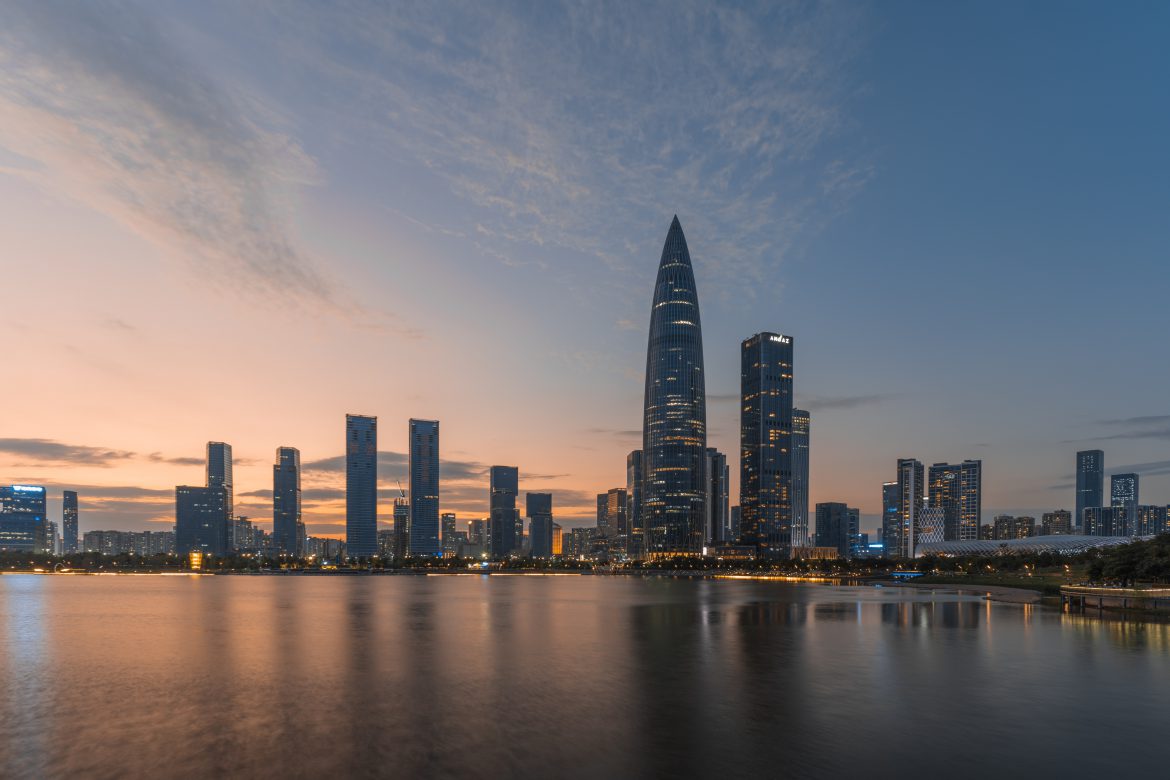If you have been around libertarian circles for some time, you may have heard about “Special Economic Zones” and their potential for advancing free markets.
But what are Special Economic Zones? Are they thought experiments, or are they real? And why should libertarians care?
Special Economic Zones (SEZs) are geographically confined areas within countries that normally have centrally planned economies that are allowed to enjoy limited free market capitalism. Their sizes vary greatly – some can be small business parks, others are cities, and occasionally they encompass entire regions.
Companies located in SEZs enjoy many incentives which allow them to operate in a “freer” market. These include tax breaks, exemption from most licensing and permit laws, exemption from the minimum wage, and special visa / immigration rules. Some go way further – granting complete exemption from legal tender laws or requiring contracts to be arbitrated privately.
Most SEZs also have world-class infrastructure. They have privately managed water, electricity, and internet utilities. Nearly all have private security forces as well. Many SEZs are run by private companies, with some franchises like DP World or Adani Port and SEZ operating dozens of zones worldwide.
SEZs are not a theoretical concept, and play a major role in the global economy. The most famous SEZs are the Dubai Internet City, in the UAE; Shenzhen, in China; and Freeport, in the Bahamas. There are over 10,000 SEZs in roughly 100 countries, although the ones in Europe and America tend to be government-run and dysfunctional. Most of them cluster in emerging markets. You can see all of the active ones on this map.
Low end World Bank estimates are that roughly 40% of all manufactured goods in the world pass through SEZs during some phase of production, but higher end estimates go as far as 60%. The amounts of money invested into SEZs, both by governments and corporations, are staggering. In 2021, private equity firm Warburg Pincus invested $110 million USD into Adani Port and SEZ, India’s largest SEZ franchise. The government of Saudi Arabia invested $500 billion USD to create NEOM, the country’s largest SEZ.
SEZs are typically created by governments out of necessity rather than any love for free market capitalism. Governments, usually in emerging markets, realize that they need to liberalize some aspect of their economy or else face serious repercussions. However, reform at a national level is politically impossible due to crony capitalists, labor unions, and other special interest groups. Instead, they pass deep reforms inside geographically confined zones.
Over the last decade, many libertarian economists have come to see hope for creating “enclaves of freedom” inside SEZs. In 2009, Nobel Prize winning economist Paul Roemer pioneered the concept of a charter city, which is essentially a libertarian SEZ.
Since then a small but growing ecosystem dedicated towards creating more freedom-oriented SEZs has flourished. None of these initiatives are explicitly libertarian, but they tend to attract libertarian teams. Peter Thiel funded Pronomos, a VC fund that invests in charter city projects. Prospera was founded to bring more economic liberty to Honduras. And a think tank called the Charter Cities Institute now promotes the concept. There are other prominent liberty-minded initiatives including real estate developers like Tipolis, other think tanks like Free Private Cities and the Startup Societies Network, and dozens of small projects in various stages of development. My own consulting firm, the Adrianople Group, has worked closely with both mainstream SEZ projects as well as many of these organizations.
It is important to note that many of these more “freedom oriented” SEZ projects are unlikely to succeed. They are generally not viewed as credible by the SEZ mainstream, and their chances of success are slim. However, that might not matter. Competitive pressure by these organizations is forcing governments building more mainstream SEZs to adopt many libertarian design principles into their new SEZ projects. As a result, the entire sector is seeing widespread “libertarianianization,” with random business parks in Latin America and Southeast Asia suddenly promoting themselves as “free market destinations.”
SEZs present a major opportunity for libertarians to advocate for free market capitalism. Libertarians should promote the concepts as low-risk ways to experiment with more market-oriented policies. For example, the EU has had a ban on all new SEZ development since 1997. If European libertarians succeeded in overturning that ban, it would have a significant impact.
Libertarians need to care about SEZs. They have revolutionized the adoption of free market capitalism in emerging markets, present opportunities to go much further with “enclaves of freedom,” and represent a major way to bring prototype free market societies into the mainstream.
